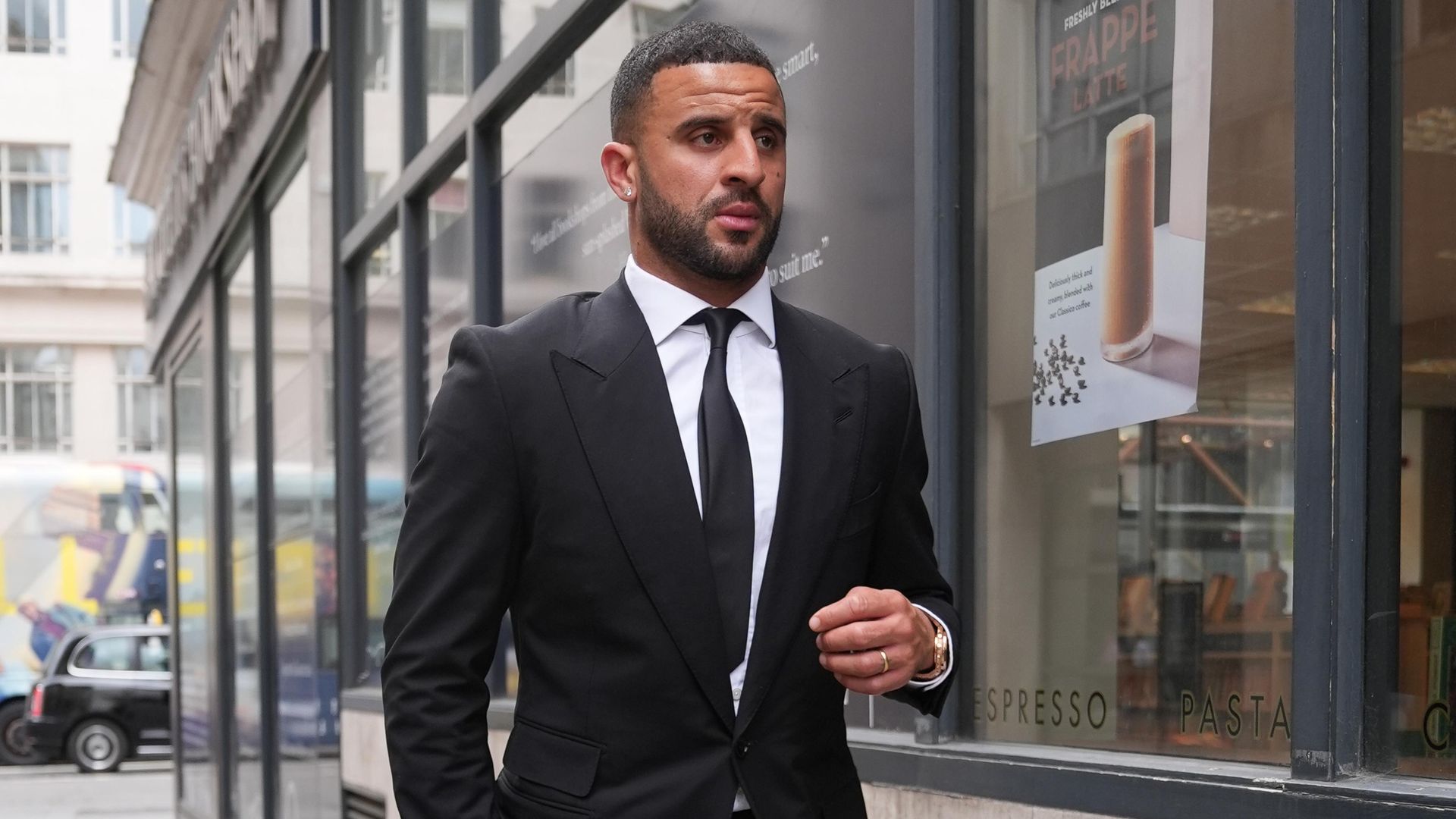England footballer Kyle Walker was “sensible, honest and reliable” during a family court battle, a judge has said.
The 34-year-old appeared at the Central Family Court in London earlier this month in a dispute with model Lauryn Goodman over child maintenance payments.
Ms Goodman, 33, wanted the court to order that Mr Walker pay £14,750 a month in “global” child maintenance for the pair’s two children.
She also asked for tens of thousands of pounds for cars, and to cover other costs including property maintenance and nursery fees.
But the Manchester City defender told the court he was not an “open chequebook”, despite earning between £3m and £5m per year.
Ms Goodman’s demands included that Mr Walker pay for the upkeep of a hydro-pool.
She also asked for money to cover the costs of a £28-per-hour gardener and a car worth up to £70,000 every three years.
Kyle Walker: Manchester City and England star apologises to wife after fathering second child with model
Many of Ms Goodman’s demands were dismissed by Judge Edward Hess, who concluded that she was “not reliable”.
‘Dignity and generosity’
Mr Walker was ordered to pay £12,500 per month in child maintenance and £5,000 for furniture, lower than Ms Goodman’s initial demand of £20,000.
He was also ordered to pay £30,000 for a car to be used by a nanny and other fees.
The hearing, which lasted two days, began on 16 July – only a day after Mr Walker returned from Germany after England‘s defeat in the European Championship final.
The press had been restricted from reporting on the hearing, until the judge ruled that restrictions could be lifted on Tuesday.
Keep up with all the latest news from the UK and around the world by following Sky News
Read more:
Kyle Walker apologises to wife after fathering second child with model
Kyle Walker won’t face criminal charge over alleged indecent exposure
Be the first to get Breaking News
Install the Sky News app for free
The judge claimed Mr Walker had “acted with dignity and generosity” and observed that the footballer “regretted his decision-making” in trying to keep his daughter’s paternity “a secret”.
In his ruling, he said it was not the court’s role to “make moral judgements” but added “honestly might have been a better policy”.






















